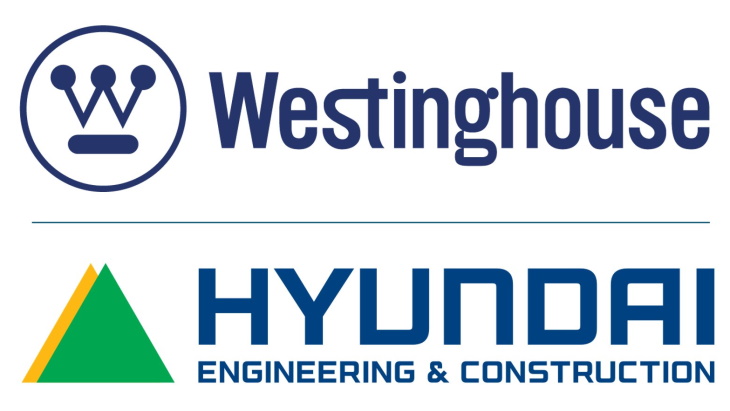US company claims nuclear battery breakthrough
.jpg)
It says its nuclear battery - developed with support from the US Department of Defense - has been demonstrated to attain an overall efficiency of more than 60%.
"Compared to other radioisotope energy conversion methods with low efficiency (<10%), it marks the highest level of overall efficiency ever achieved," according to the company. "This shows that the upcoming commercial release of next-generation radioisotope power sources holds out huge hope."
Nuclear batteries - also known as radioisotope batteries - work on the principle of utilising the energy released by the decay of nuclear isotopes and converting it into electrical energy through semiconductor converters. Unlike typical other converters, Infinity Power says its battery uses novel electrochemical energy conversion.
The company claims its "tiny coin-cell-style device can provide tens of milliwatts of power for over 100 years".
Infinity Power says its technology is scalable, enabling a wide range of power generation, from nanowatts to kilowatts or more.
"Because of its higher efficiency, it requires less radioisotope to produce the same amount of power as other conversion processes," it says. "Furthermore, compared to previous methods that only allow for limited selection, it offers a significantly wider range of radioisotope materials' selection."
The company says that for many specialised applications - such as implantable medical devices, deep-sea power systems, space power systems, remote area power systems, microgrid power systems, etc - the scalable design and mass producibility of its technology "will allow for speedy market acceptance".
"Our goals are to guide this discovery toward a prosperous product launch and begin a new chapter in the history of revolutionary nuclear energy storage solutions," said Infinity Power CEO Jae Kwon.
In January, Chinese firm Beijing Betavolt New Energy Technology Company Ltd claimed to have developed a miniature nuclear battery that can generate electricity stably and autonomously for 50 years without the need for charging or maintenance. It said the battery is currently in the pilot stage and will be put into mass production on the market.
_59102.jpg)
_49833.jpg)







_66488.jpg)


